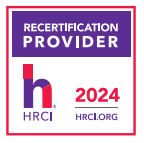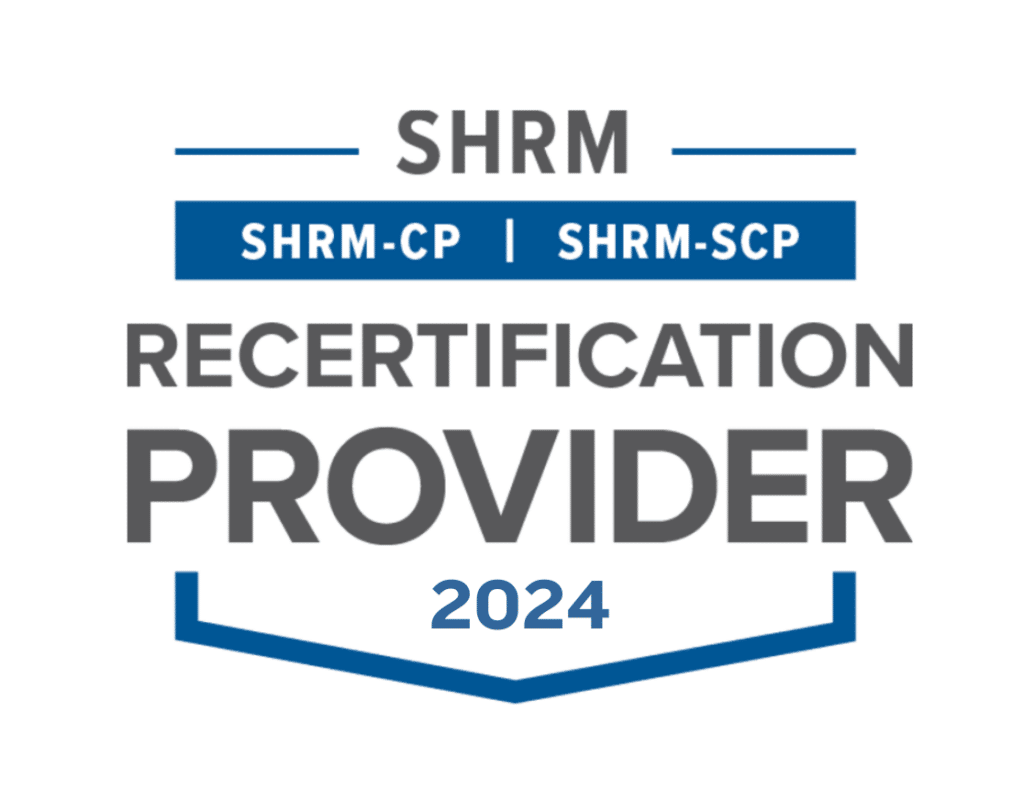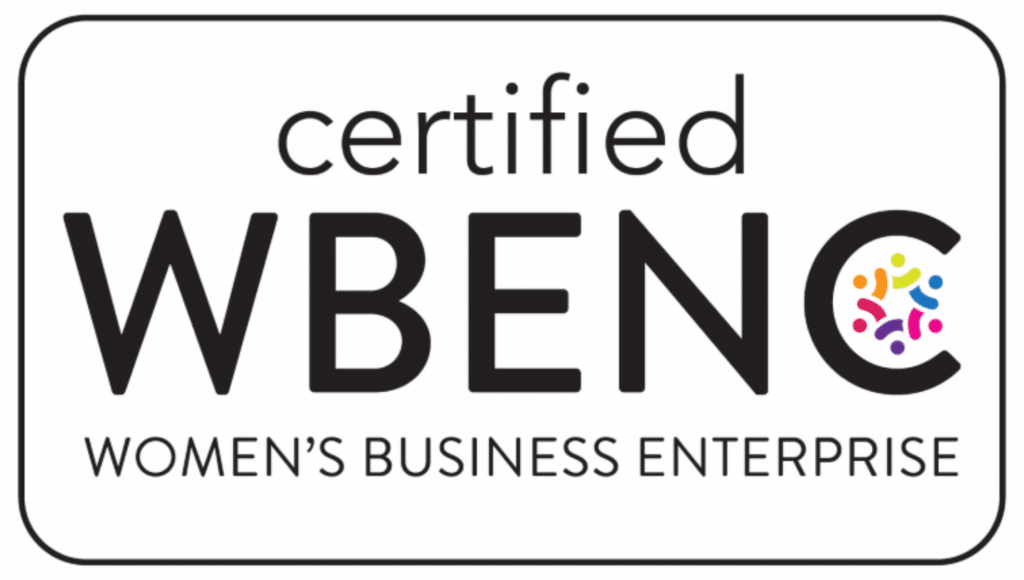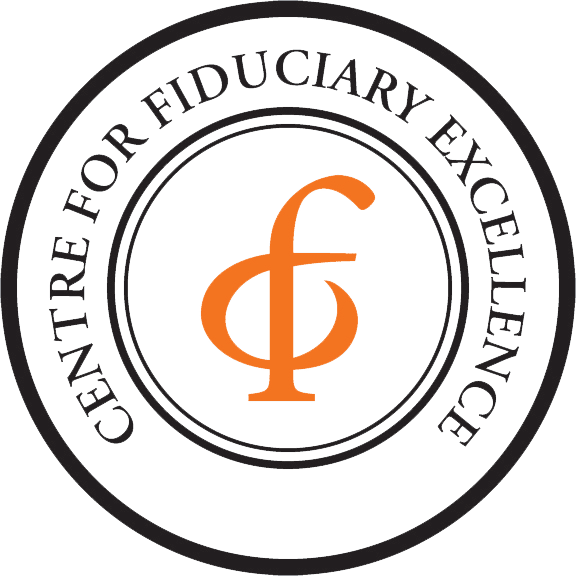For 2013:
The tax filing threshold is $10,000 if filing single and $20,000 if married and filing jointly.
Federal Poverty Level (FPL) in the 48 contiguous states is $11,490 for a single household and $45,960 for household of four. It is $14,350/29,440 in Alaska and $13,230/27,090 in Hawaii.
The subsidy is based on the following table (a sliding scale applies in a linear manner, rounded to the nearest one-hundredth of one percent between the minimum and maximum percentage):
| Household income as a percent of FPL |
Applicable Percentage |
|
|
Minimum percent |
Maximum percent |
|
| Up to 133 percent |
2.0 |
2.0 |
| 133 – 150 percent |
3.0 |
4.0 |
| 150 – 200 percent |
4.0 |
6.3 |
| 200 – 250 percent |
6.3 |
8.05 |
| 250 – 300 percent |
8.05 |
9.5 |
| 300 – 400 percent |
9.5 |
9.5 |
The applicable percentage multiplied by the person’s household income determines his required share of premiums for the second least expensive silver plan in the marketplace/exchange.
Household income generally includes the income of all individuals in the tax household (e.g., the income of employed children is considered unless the child files his/her own tax return).
The maximum amount an individual who received too large a subsidy would repay is $300 if filing single and $600 if filing other than single if household income is less than 200 percent of FPL; $750/$1,500 if income is 200 percent up to 300 percent of FPL; and $1,250/$2,500 if income is 300 – 400 percent of FPL.











